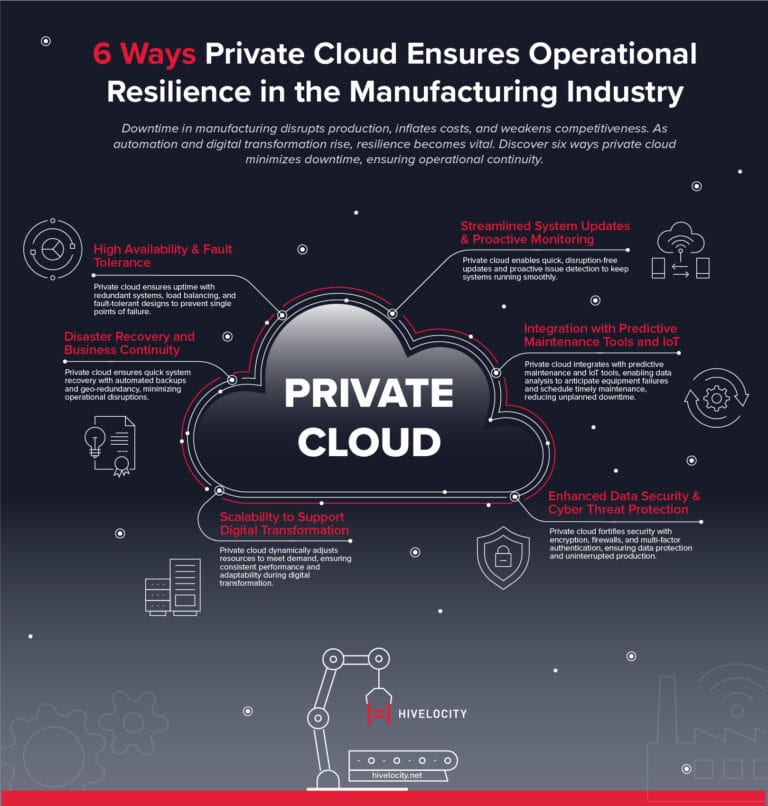
Cloud computing has become an essential component in IT strategies for many businesses. Among the various cloud options available, public cloud and enterprise cloud are the two primary models that organizations explore when considering adding a cloud strategy to their IT portfolio. Each has its unique characteristics, benefits, and challenges, making it crucial to understand their differences to determine which is the best fit for your company.
The Public Cloud
The public cloud is a model where computing resources are provided by third-party service providers over the Internet. These resources, which include servers, storage, and applications, are shared among multiple users, also known as tenants. The most well-known public cloud providers are Amazon Web Services (AWS), Microsoft Azure, and Google Cloud Platform (GCP).
Four Key Characteristics of Public Cloud
- Scalability and Flexibility: Public cloud services offer virtually unlimited scalability. Companies can easily scale their resources up or down based on demand, providing great flexibility and cost efficiency.
- Cost-Effective: Public cloud operates on a pay-as-you-go model, which means businesses only pay for the resources they use. This can significantly reduce capital expenditures associated with purchasing and maintaining hardware.
- Accessibility: Public cloud services are accessible over the internet, allowing employees to access applications and data from anywhere, promoting remote work and collaboration.
- Maintenance and Updates: The cloud provider handles all maintenance, updates, and security patches, for the underlying infrastructure, reducing the burden on the company’s IT staff.
The Enterprise Cloud
The enterprise cloud, on the other hand, is a cloud computing model where resources are exclusively used by a single organization. This can be hosted on-premises in the company’s own data center or by a third-party service provider. Enterprise clouds are tailored to meet the specific needs of a business, offering greater control and customization.
Four Key Characteristics of Enterprise Cloud
- Customization and Control: Enterprise clouds offer greater control over the computing environment, allowing for customization to meet specific business requirements and compliance needs.
- Security and Privacy: Since resources are not shared with other organizations, enterprise clouds offer enhanced security and privacy. This is particularly important for businesses that handle sensitive data or are subject to stringent regulatory requirements.
- Performance: With dedicated resources, enterprise clouds can provide consistent and reliable performance, making them suitable for workloads that require high performance and low latency.
- Compliance: Enterprise clouds can be designed to comply with industry-specific regulations and standards, making them ideal for businesses in sectors like finance, healthcare, and government.
Business Factors to Consider
Choosing between public cloud and enterprise cloud depends on various factors, including your company’s size, industry, budget, and specific needs. Here are some key considerations to help make the decision:
Cost Considerations:
Public Cloud: Ideal for all size businesses from startups to enterprise as well as public sector organizations that need to minimize capital expenditures and benefit from a pay-as-you-go model.
Enterprise Cloud: Suitable for small business to large enterprises that can afford the higher upfront costs associated with setting up and maintaining a enterprise cloud infrastructure.
Security and Compliance:
Public Cloud: While public cloud providers offer robust security measures, the shared nature of the infrastructure may not meet the stringent security and compliance requirements of certain industries. The CSP provides security on the infrastructure but leaves the responsibility of securing anything above the physical layer to the end user. All 3 major enterprise clouds provide many security options for clients to use to secure their environments.
Enterprise Cloud: Offers superior security and compliance capabilities, making it the preferred choice for businesses handling sensitive data or operating in highly regulated industries.
Scalability and Flexibility:
Public Cloud: Provides unmatched scalability and flexibility, ideal for businesses with fluctuating demands or those that need to quickly scale their operations.
Enterprise Cloud: Offers scalability, but it is limited by the physical hardware and resources available. However, it provides consistent performance for critical applications.
Control and Customization:
Public Cloud: Less control over the underlying infrastructure, which can be a drawback for businesses needing specific configurations or custom solutions.
Enterprise Cloud: Provides full control and customization, allowing businesses to tailor the environment to their specific needs and optimize performance.
Getting the Right Cloud Through Evaluation and Business Considerations
The choice between public cloud and enterprise cloud is not a one-size-fits-all decision. It requires a careful assessment of your company’s specific needs, budget, and long-term goals. By understanding the fundamental differences and evaluating your requirements, you can determine which cloud model—or combination of models—will best support your business objectives. Whether you opt for the flexibility of the public cloud, the control of the enterprise cloud, or the versatility of a hybrid solution, cloud computing can provide significant advantages to help your business thrive in the digital age.


